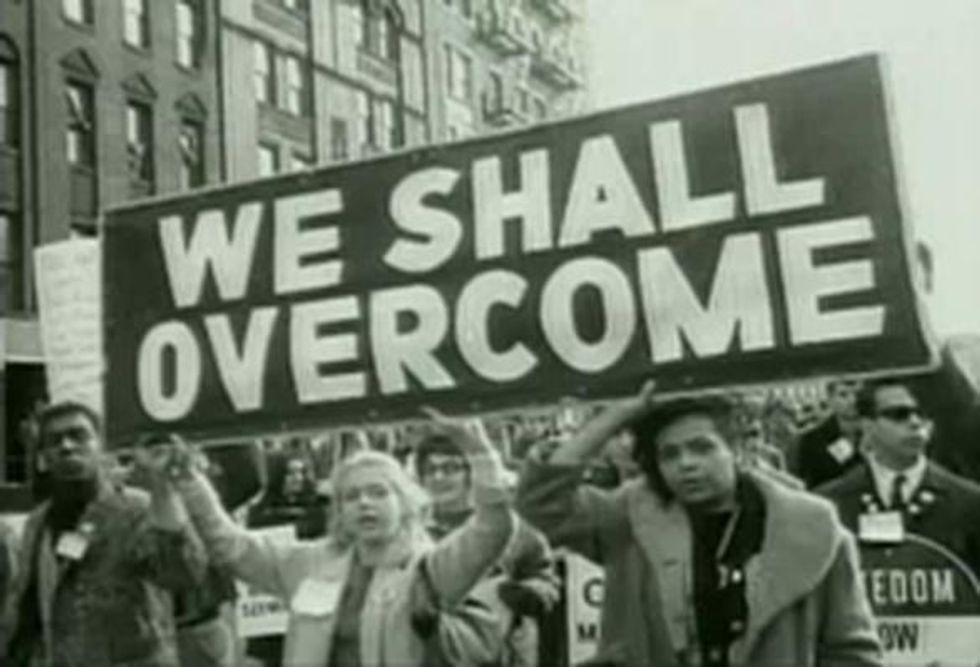I was born and raised in Massachusetts, and up until I came to Milwaukee, New England culture was essentially all I knew. Now that I attend Marquette University, I’ve had to adjust to the Wisconsin lifestyle, and I have noticed subtle differences. The people, for example, are more polite and optimistic. They're the kind of people who hold open the door for you and apologize when they bump into you on the street. Commodities are cheaper, and the ice cream is especially delicious. I’ve been in Milwaukee for almost two months, and I’ve loved every day I’ve been here, but there is one aspect of this city that I’ve noticed that continues to disturb me – the racial division.
Milwaukee is one of the most segregated cities in the United States, a place where African American and white citizens live separately from one another not by mandate, but by economic and social influence. Much of the prejudice and social tension that dominated the mid 20th century still exists in Milwaukee, and social segregation stands the result. Homelessness and poverty are more common occurrences among the black community in Milwaukee as well. Wisconsin’s poor mental health system could be to blame for the high rate of homelessness, but the fact of the matter is that rampant unemployment and low minimum wage lead to the inability to afford suitable healthcare as well as housing. This inevitably causes homelessness among the African American population.
Having hailed from such a liberal state, I’ve observed these stark societal differences, and I’ve wondered, rather uneasily, just how far we have actually come since the Civil Rights movement. How much progress have we made since the days of Malcom X and Martin Luther King? It is true that we no longer live in a country where black teenagers are lynched for daring to strive for better opportunities alongside whites, but is that really something to brag about? It’s 2016 – what does it say about our nation that we, as citizens, look each other in the eyes and honestly say “we’ve come a long way since then?” The inequality and prejudice that exist in the United States today mirror that of the days when African Americans and whites couldn’t drink from the same fountains. Time has changed but the times haven’t. What most Americans have viewed as forward movement has been nothing but a turn on the treadmill – progress without progression.
If true progress is to be made, the change must begin in towns like Milwaukee, where segregation has been made socially acceptable. Once this is addressed, the inequality in the system can be challenged. Maybe then, we’ll have finally entered the 21st Century.













































